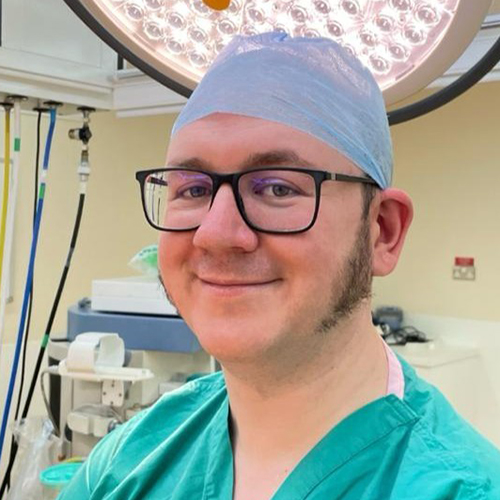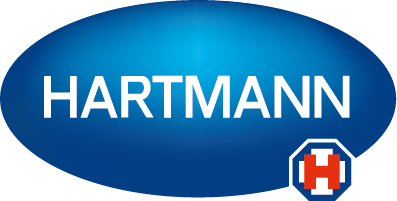Matthew Lee

Matt is an Academic Clinical Lecturer in General Surgery. His clinical practice is primarily in benign coloproctology and emergency general surgery. His research interests include care in these areas, as well as outcomes measurement.
He is a co-investigator of the PITSTOP study, a UK-wide multimethod study which is exploring variation in practice and outcomes of surgical treatment of pilonidal sinus disease.
Presentation at The Society of Tissue Viability 2023 Conference
Pilonidal sInus Treatment: Studying The OPtions
Objectives
After attending this session, persons will be able to:
- Discuss the impact of Pilonidal Sinus Disease on patients
- Recognise the importance of patient treatment preferences
- Appreciate the morbidity associated with surgical treatment of pilonidal sinus disease
Abstract
Background: Despite being common , there is no consensus on how to optimally manage pilonidal disease (PSD). UK surgical practice is varied, and existing literature largely consists of single-centre cohort studies of varied disease severity, interventions and outcome assessments. PITSTOP was a cohort study with nested multi-method work packages to explore delivery and outcomes of PSD care in the UK.
Methods: A cohort study across 31 NHS trusts was conducted, assessing patients >16 years old referred for elective surgical treatment of PSD. Post-op pain, time to healing, and return to normal activities were recorded. Comparisons were made according to treatment type (major/minor).
Sub-studies explored shared decision making and decision regret. A survey of surgical practice was conducted. Surgeons were also asked to assess a new classification approach. Patients were asked to express treatment preferences through a discrete choice experiment. Finally, patients and surgeons were asked to set policy and research priorities for PSD through a Delphi consensus.
Results: The clinician survey demonstrated significant heterogeneity in surgeon practice preference. Limited training opportunities may impede efforts to improve practice in the area.
From the cohort study 60% (N=667) had a major procedure. This was associated with higher pain at day 7 vs minor procedures, higher complication rates, but lower recurrence rates. Time to healing and return to normal activities was also longer for major procedures.
Mixed method and discrete choice assessments found that anticipated recovery time and risk of recurrence were driving characteristics of treatments. The gap between expected and actual recovery time were drivers of decision regret.
The Wysocki classification demonstrated acceptable agreement (kappa= 0.52, 95% CI 0.42 to 0.61).
The final consensus exercise identified five research and five practice priorities. These include preferencing minor type procedures, and the need for high quality RCTs in the field.
Conclusions: The burden of surgery for PSD is significantly greater than that reported in the literature. PITSTOP provides data to improve care for this population.














